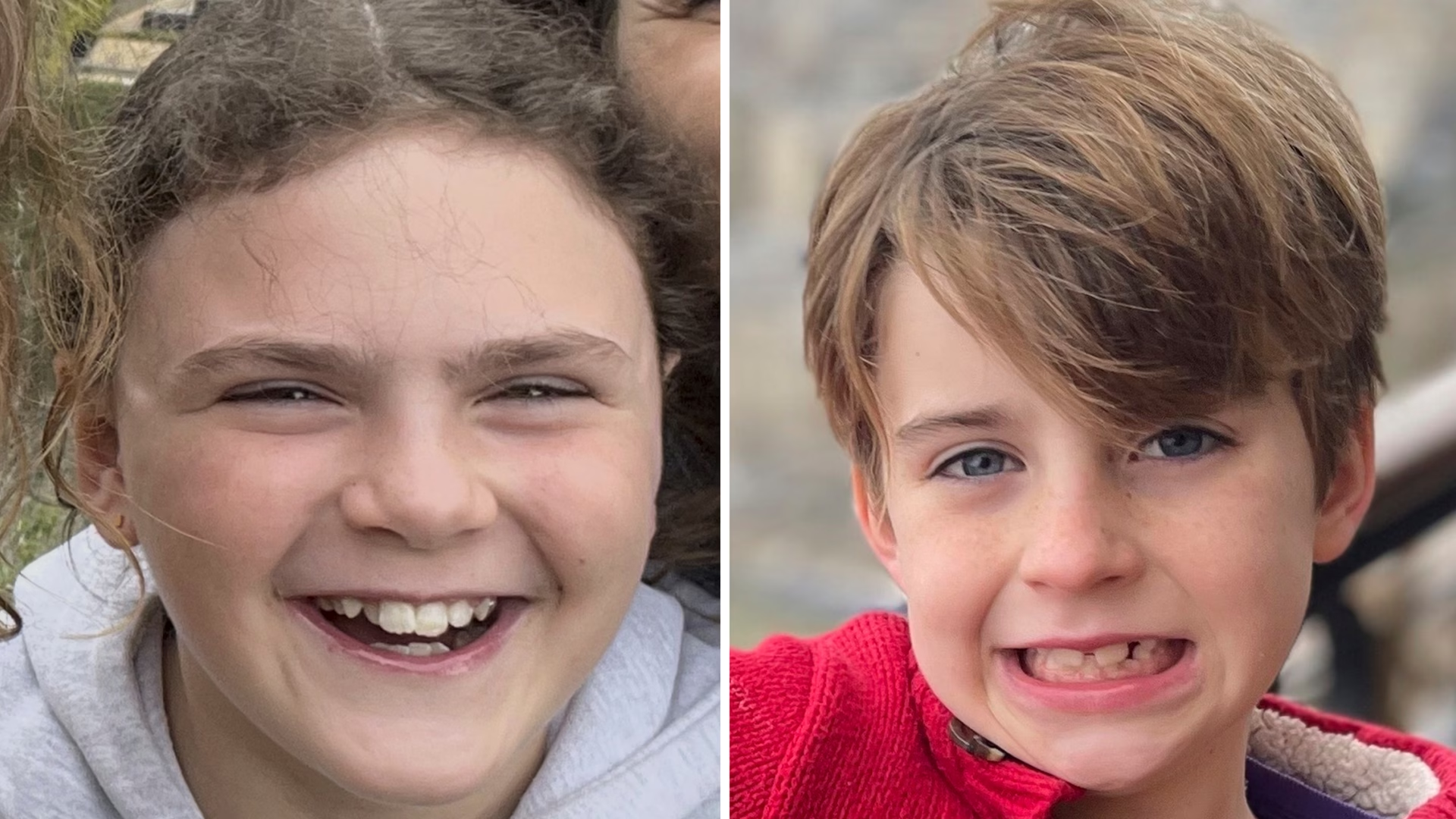Whitney Frederick is not a casual archery student. Although she describes her bow-and-arrow practice as “play,” Frederick was at St. Croix’s archery field almost every day until the outdoor facility was abruptly closed May 14. Thwarted in her attempts to get the Estate La Grange range reopened, or even get a reasonable response about continuing her studies at the field, Frederick is taking her talents to Korea to study with masters.
Frederick will start archery studies at the Kim, Hyung-Tak Archery School in Seoul on July 8. The goal is to sharpen her skills enough to represent the U.S. Virgin Islands in the 2028 Olympics.
“I’ve always been a fan of the bow and arrow. I was obsessed with movies as a kid that had the arrows and bows,” she said Wednesday.
Frederick shoots a recurve bow, which is the traditional, Robin Hood-like alternative to the modern compound bow. Getting good — and she’s good — requires constant practice, she said.
“I shoot about 107 arrows every practice,” Frederick said. “You have to continuously put in the effort.”
As much as elite archery involves posture and hand-eye coordination, it also demands a still, focused mind. Frederick is exploring the robust genre of literature on the subject, which includes “The Archer,” “Zen in the Art of Archery,” “Zen Bow, Zen Arrow,” “Kyūdō: The Art of Zen Archery,” “Yu Ko Ryu Zen Archers Handbook: Beyond The Bull’s-eye,” and more.
These books aren’t about finding peace of mind under normal circumstances. An archer like Frederick must pull a string with 36 pounds of tension, hold it for 6 seconds, then release in a way that sends an arrow to the bull’s-eye up to 70 meters away.
“Stilling your mind is what archery is,” she said. It’s easier said than done living on St. Croix, where inconsistent power and water service, the potential for violent crime, and so many other island-life stressors can overcome the tranquillity that short-term visitors may experience.
Frederick had come home to St. Croix during the pandemic after several years in Austin, Texas. She quickly realized her lifelong affinity for archery and the sport’s COVID-friendly setting were a perfect match.
Under the tutelage of the Department of Planning and Natural Resources’ William Coles, a certified USA Archery coach, Frederick started training. First, it was four days a week. Then five. Then six, she said. Later, she settled into a three-day-a-week regular shooting schedule that allowed for 10.5 hours of training.
When the archery range abruptly closed in mid-May, Frederick reached out to DPNR, urging it to be reopened as soon as possible. Archery was important to young people at loose ends on summer break from school, to curious novices, and to Crucians looking for peace of mind, some of whom were dealing with hardships.
“One memory stands out in particular: a young man I met last year who came to archery through a school program. He told me he’d lost two brothers and a friend to gun violence in a single year. He came to archery looking for peace—and found it. I saw him show up six weekends in a row after that conversation. The archery field gave him a reason to come back, to focus, and to choose a different path,” Frederick wrote.
The May 14 notice that the range was closed didn’t give a reason but DPNR officials told Frederick the archery program needed new supplies, federal grant reporting, and standard operating procedures. Department officials also pushed back on Frederick’s training schedule, saying the range was only ever meant to be open Saturdays and Sundays.
Frederick said she called DPNR to get an explanation but was met with a litany of personal grievances about the archery program, not guidance on the range’s potential reopening date.
“Instead of receiving clear and concise information, I was met with an unexpectedly hostile and unprofessional tone,” she wrote to DPNR June 5. “This experience left me feeling deeply unsettled, and it absolutely hindered our ability to have a productive dialogue. I would greatly appreciate it if someone could kindly clarify the status of my request and provide the necessary information in a straightforward manner.”
Undeterred, Frederick had someone come cut up her yard to build her own archery range. It’s a fine place to practice, but a poor stand-in for the competitive environment befitting an Olympic hopeful.
“I don’t need any equipment from the field. I just need the target and the field,” she said. “Having the field locked up and not allowing others to use the field during the week feels like a big waste of funding and space.”
The Virgin Islands sent its first Olympic archer, Nicholas D’Amour, to Tokyo in 2020. In 2023, D’Amour took gold at the Central American and Caribbean Games in El Salvador.
At this point in her training, Frederick needs to work on the tiny, tedious things that separate a good archer from a great one.
“And that will only happen on the field,” she said. “It would be helpful to be on the field with other archers. When I go compete I will be next to other archers. Right now I am very comfortable shooting by myself, which is great, but the challenge is learning how to shoot next to other people who are just as good.”
St. Croix Source
Local news, Local sports



